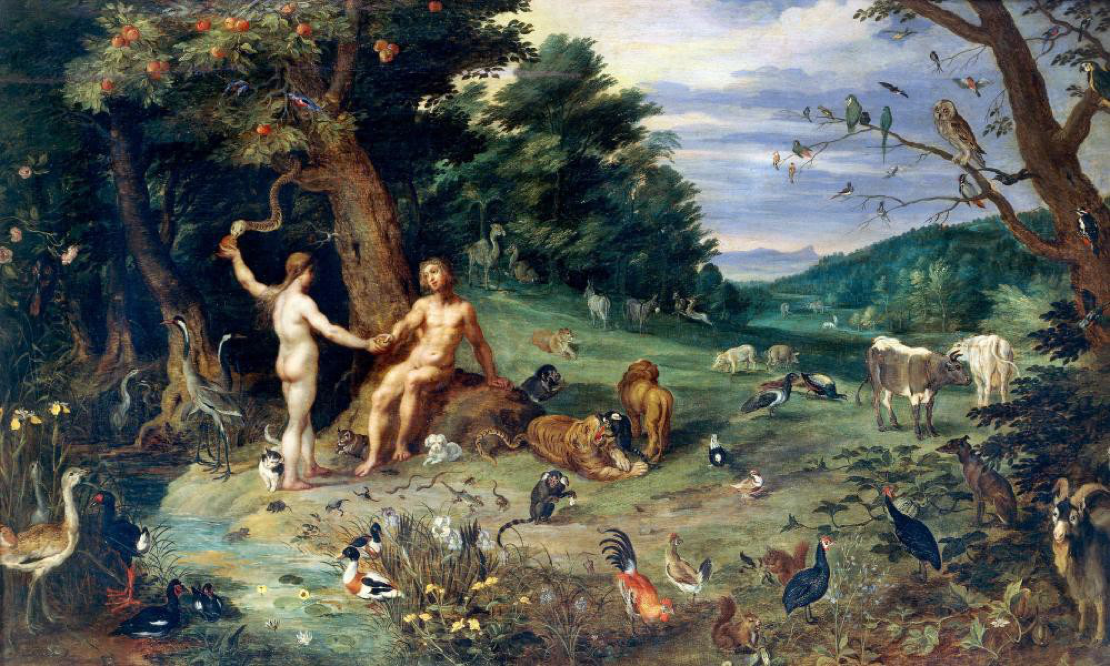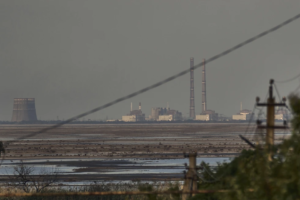Cain Named the Animal by Shane McCrae; Time Is a Mother by Ocean Vuong; Garden Physic by Sylvia Legris; Panic Response by John McCullough; Tractatus Philosophico-Poeticus by Signe Gjessing
Cain Named the Animal by Shane McCrae (Corsair, £10.99)
Curious about life in and after “the tribe of Eden”, American Shane McCrae’s eighth collection investigates the origin of time when “God first thought time itself / Was flawed but time was God’s first mirror”. McCrae’s poems possess a self-reflective quality without being burdened by history. As in Beckett and Whitman, repetition generates a self-searching, hypnotic music. His poetry moves freely within the restricted syllabic lines, constructing a wild, vivid dreamworld of a lush green garden, where an angry robot bird leads us down an Edenic rabbit hole. What sounds surreal in McCrae’s jazz-like poetry is actually human psychology, knowledge and violence, as when the poet asks “Where else do humans start” in the knowledge that “Cain named / The animal in Abel’s head”. In addition to McCrae’s sustained biblical investment, the book includes intimate poems about childhood and questioning reflections on masculinity and the unpredictable chain reactions of family life. It confirms McCrae as one of the most erudite and inventive poets of our time, throwing punches at the English language and its hierarchical traditions.
Time Is a Mother by Ocean Vuong (Jonathan Cape, £14.99)
“How come the past tense is always longer?” Ocean Vuong asks, as he questions the nature of time when confronted by his mother’s death. Not since Emily Dickinson has poetry conveyed such an oceanic openness to the self’s quiet laceration and resilience. These new poems collect fragile private moments and glue them together, like Joseph Cornell’s collages made out of rescued materials. They are emotionally potent due to their inherent vulnerability. Bullet imagery cuts through the book, especially in Dear Rose, a time-bending elegy as big-hearted as Frank O’Hara’s: “the bullet / makes you real by making you less”. Vuong’s words hit us with debris that resemble our own memories of art, love, grief and survival. His mothering poems register the incompleteness of life, even as we find ourselves in a world where a single word, a quick turn of phrase or a short line make a difficult moment bearable. All the same, the violent process of fermentation they exhibit keeps poetry pungent, truth-seeking and unerasable.
Garden Physic by Sylvia Legris (Granta, £10.99)
Given our story that life started in Eden, it’s hard to imagine language or poetry without our paeans to plants. Sylvia Legris’s vegetal music has a sharp, cerebral edge that combines Gerard Manley Hopkins’s radical, spellbinding rhythm and Marianne Moore’s satirical wit. “A blossom is a throat”, the poet observes, and the poems challenge our understanding of roses, oaks, hawthorns, sorrels, bay laurels and many other plants with a gardener’s observant eye and a linguist’s mercurial tongue: “Borage for courage. / Self-heal. All-heal. By crook or by hook-heal.” Her high-tension, often verbless, end-stop lines train our busy field of vision on to the microscopic wonders of botany, examining the violet’s “seeded umbilicus”. Floral Correspondences, an imaginary exchange between Vita Sackville-West and Harold Nicolson, weaves Sissinghurst and Bloomsbury together. The book ends with De Materia Medica, a jocular, ingenious recreation of the Greek Dioscorides’s original encyclopedia of herbal medicine. Sensuous, brainy and cardiovascular, Garden Physic is a cutting-edge ode to plants, teeming with human knowledge and natural mystery, accompanied by gem-like illustrations by the poet.
Panic Response by John McCullough (Penned in the Margins, £9.99)
The fear of speaking is as tremulous as the desire to break restless silences in John McCullough’s electric third collection. Mournful yet angry, surreal yet deadpan, McCullough’s poems put immense pressure on the autobiographical self: “I write this while my hands are shaking.” The poet grasps the present tense by its throat to revisit the scabs of childhood, breakdown, stigma, homophobia and other sources of turbulence and panic. Historical and scientific anecdotes loom large, creating a syncopated cultural and personal chronicle that is elegiac, rebellious, painful and radiant. Whether confronting a vending machine in Shinjuku, Tokyo, a long-lost friend, or Watford’s spit-filled pavements, McCullough’s poetry translates the “nervous chatter” of our lived moments into a bold, multilayered narrative where the self is found to be “removing / pieces of myself, a little at a time”.
Tractatus Philosophico-Poeticus by Signe Gjessing, translated by Denise Newman (Lolli Editions, £8.99)
Marking the 100th anniversary of the English publication of Wittgenstein’s epoch-defining work, Signe Gjessing turns the original on its head, reimagining its 525 intense logical statements in 112 playful and aphoristic bullet points that simultaneously mock and pay homage to Wittgenstein’s numerical hierarchy. Gjessing finds poetry and freedom in the philosopher’s restrictive lexicon: “3.121111 Worlds are roses in a children’s edition.” The book, however, is wilder and more generous than a straightforward satirical pastiche. It generalises without being bland, condenses without being narrow, and philosophises without being poetical. For example: “5.2211 Love creates small medallions of universality”, or “6.22 The world believes its possibility deserves to be seen.” An enchanting pocketbook, both mind-bending and mind-straightening.
• Kit Fan’s latest poetry collection is As Slow As Possible (Arc).




